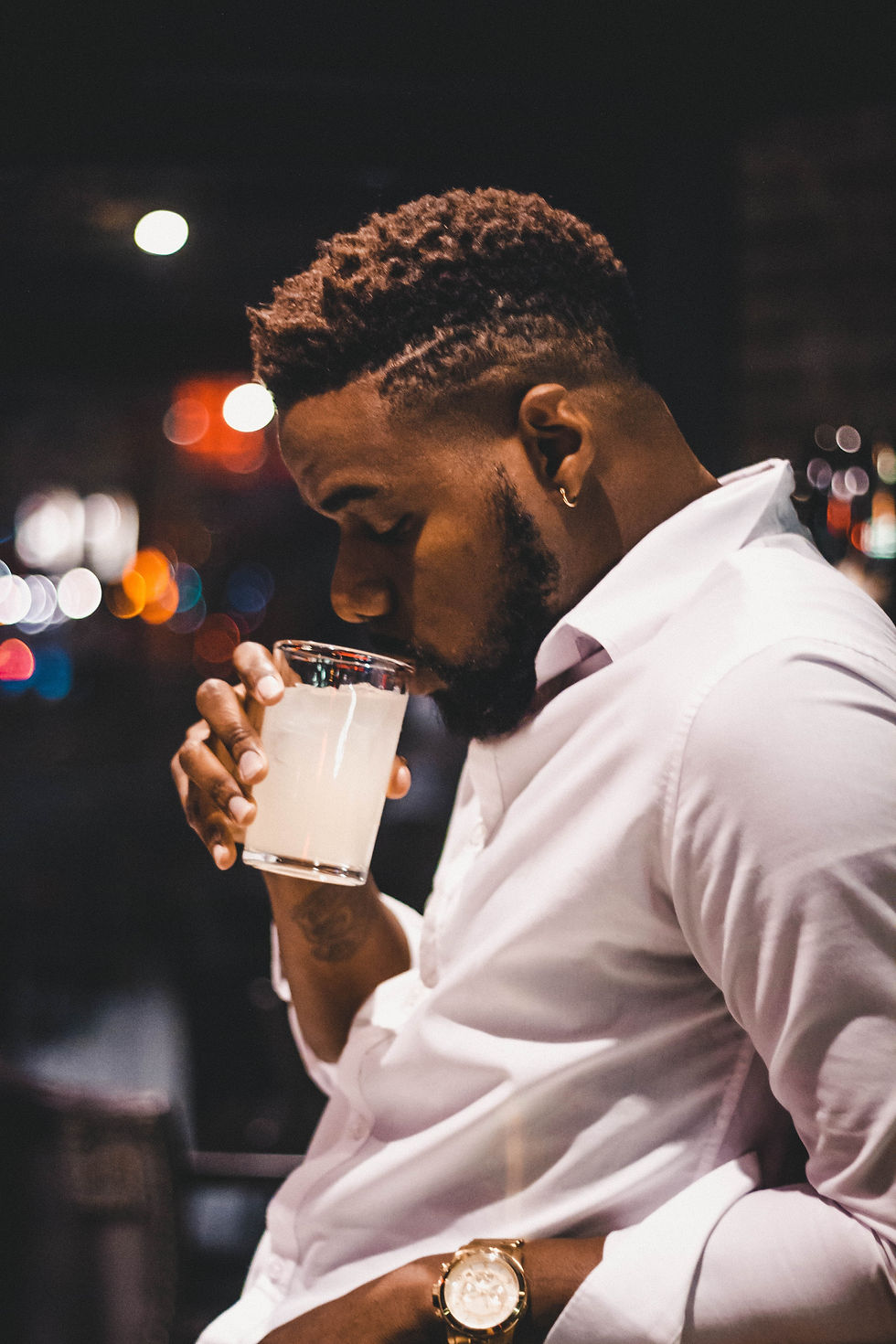

Alcohol: The Socially Acceptable Self-Destruction
Recovery Is Possible.
Alcohol doesn’t have a bad rep like meth or fentanyl. It’s not made in a bathtub or smuggled in pill form. It’s poured at weddings. Celebrated on holidays. Romanticized in movies. It’s “just a drink.” Until it’s not.
Whether you're googling "alcohol rehab near me" at 2 AM from your bathroom floor or you're a concerned family member trying to figure out what the hell happened to the person you used to know.
If you’re just here to gawk or debate what counts as a “real” addiction… thanks for stopping by, but this isn’t a TED Talk. It’s triage. Stick around if you're ready to be uncomfortable.
What Even Is Alcohol Abuse, Really?
Alcohol abuse isn’t just about quantity—it’s about the impact. You can drink daily and “function,” and still be circling the drain. You can drink once a week and still leave a wake of destruction behind you.
This isn’t about whether you’re a “real alcoholic.”
It’s about this:
Can you stop once you start?
Have people told you they’re worried?
Are you hiding how much you drink?
Is your drinking costing you relationships, sleep, health, or money?
Do you drink to avoid feeling something?
If the answer to any of that is yes, you’re not alone—and you’re not weak. You’re just stuck. And alcohol is a damn good trap.
Knowledge Nugget: Alcohol is a central nervous system depressant. That “relaxed” feeling? It’s your brain slowing down.


Signs of Alcohol Abuse: It’s Not Always What You Think
Forget the cliché drunk with a paper bag in a park. Alcohol abuse wears a thousand faces—some of them polished, professional, even high-functioning. But behind closed doors? It’s a different story.
Physical Red Flags
Frequent hangovers – Not “I partied hard last night” hangovers. We mean regular nausea, headaches, shakiness, or anxiety in the morning.
Needing alcohol to relax, sleep, or socialize – If you “can’t” without it, that’s dependence.
Memory lapses or blackouts – You didn’t misplace your phone. You straight up lost hours.
Bloating, redness in the face, or yellowing eyes – Liver, meet poison. Poison, meet liver.
Insomnia or night sweats – Classic signs your nervous system is flipping out.
Mental & Emotional Wreckage
Irritability when you’re not drinking – Like someone lit a short fuse and handed you a lighter.
Shame spirals – You hate how you feel when you drink, and hate yourself even more when you stop.
Depression and anxiety – Alcohol makes both worse, not better. Surprise!
Justifying, minimizing, or laughing off consequences – “It wasn’t that bad” is a red flag, not a punchline.
Lifestyle Chaos
Missed work or blowing off responsibilities – Even if you’re getting away with it, you know you’re slipping.
Drinking alone, in secret, or first thing in the morning – Not quirky. Concerning.
Broken relationships, trust issues, or ultimatums – “It’s me or the drinking” doesn’t come out of nowhere.
Legal issues, DUIs, or close calls – You don’t need a rap sheet to qualify for a wake-up call.
If you’re scanning this list and checking boxes, we’re not here to judge. We’re here to help you stop pretending it’s still “not that bad.”

Why Alcohol Addiction Hits So Damn Hard
Here’s what makes alcohol tricky: it’s legal, it’s normal, and it’s everywhere. Nobody questions it when you drink. They question it when you don’t.
Alcohol is the ultimate shape-shifter. It starts as fun, becomes stress relief, then morphs into a crutch. Before you know it, it’s a necessity.
And withdrawal? It’s not just a little shakiness and bad vibes. For long-term or heavy drinkers, it can be deadly. Literal seizures. Hallucinations. Heart failure. That’s why white-knuckling it rarely works—and why detox isn’t optional if you’re physically dependent.
Long-Term Fallout Includes:
Liver disease, pancreatitis, and GI bleeding
Brain shrinkage and cognitive decline
Increased risk of suicide and self-harm
Isolation, shame, and complete emotional burnout
Alcohol doesn’t just take your health. It takes your joy, your ambition, your relationships, your ability to trust yourself. And if you’re here, you’re probably already feeling that.
If you’re watching someone spiral into alcohol abuse, you know this kind of pain. The unpredictable moods. The lies. The broken promises. The version of them that only shows up when they’re sober—and disappears when the bottle reappears.
You’ve tried talking. Begging. Threatening. Crying. Googling “how to help an alcoholic” at 3 a.m. You’ve covered for them, driven them home, cleaned up after them. You’ve probably started to feel like the crazy one.
You’re not. And it’s not your job to rescue someone who doesn’t want saving.
Here’s what is your job:
Protect your peace. You get to set boundaries. And you get to walk away if they keep breaking them.
Stop blaming yourself. You didn’t cause it. You can’t cure it. And you can’t control it.
Get support. Al-Anon, therapy, support groups—your healing matters too.
Tell the truth. Even when they deny it. Even when it makes things uncomfortable. Silence keeps addiction alive.
The Family Fallout: Living With a Drinker

So… How Do You Get Help?
Not the kind of “help” that comes with pamphlets and platitudes. Real help. Messy help. Help that doesn’t judge you for relapsing last week or walking in drunk to your first group session.
You get help by choosing honesty over image. You reach out before your body gives out. You stop waiting to “hit bottom.”
And then? You find a place that knows how to hold you accountable and help you heal.

What We Do at Awkward Recovery
We don’t do perfect. We do real. We work with people who’ve screwed up, burned bridges, lost themselves—and still want to try again. If that’s you? You’re in the right place.
Here’s How We Roll:
Zero B.S., Zero Shame
You’ll get honesty, not hand-holding. But you’ll also get so much compassion. We’ll call you out and call you in—at the same time.
Medical Detox Referrals
If you’re physically dependent on alcohol, detox comes first. Full stop. We’ll help you find a safe place to stabilize, then guide you into the next step.
Customized Recovery Programs
Intensive Outpatient (IOP)? Flexible Outpatient (OP)? Something in between? Let’s build it around your actual life—not someone else's idea of “how it should go.”
Mind-Body-Soul Repair
Group therapy. One-on-one. Trauma work. Yoga. Nutrition. Journaling. Accountability. Movement. Breathwork. You don’t just recover your body—you rebuild your life.
Community that Gets It
This is a no-judgment zone full of people who’ve been there. Some are a few steps ahead, others are just getting started—but none of us are doing this alone.
You don’t have to drink every day to have a problem. You don’t have to end up in jail, rehab, or a hospital to need help. You don’t need anyone else’s permission to change your story.
If you feel trapped—by your cravings, your habits, your shame—that’s enough. You’re enough.
Recovery isn’t a straight line. It’s a messy, awkward, often painful, sometimes hilarious, always worthwhile journey back to yourself.
Start the Hard Part. We’ll Handle the Rest.
Awkward Recovery is based in Austin, Texas, and we work with people who are ready to stop lying to themselves and start doing the work. If alcohol has taken too much from you—or someone you love—we’re here.
You’re not weak. You’re not crazy. You’re not alone.



